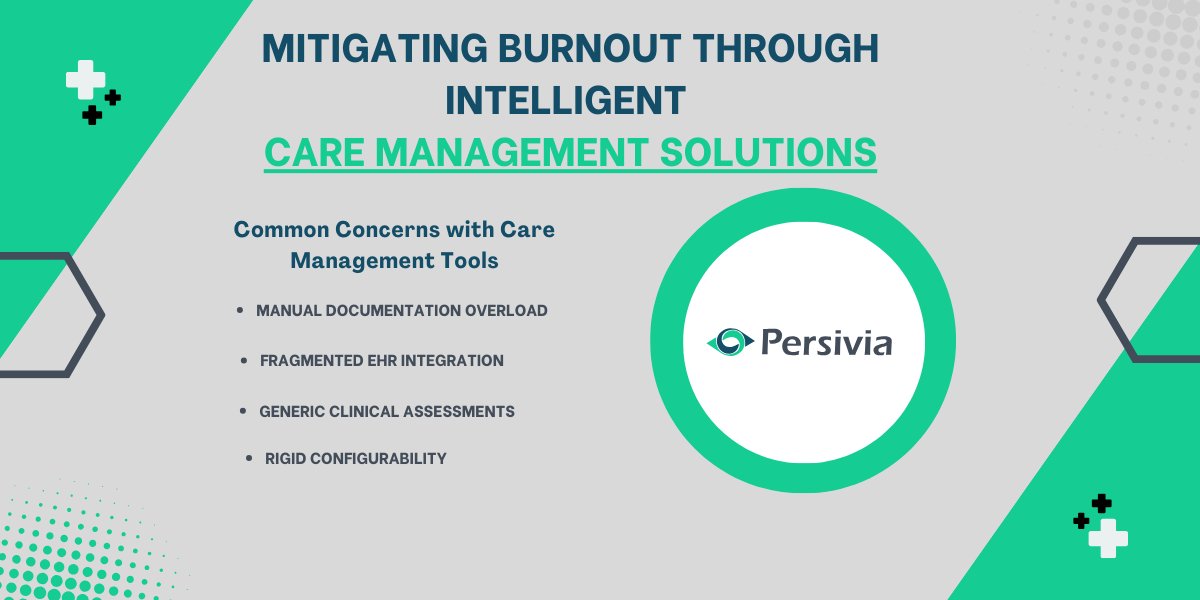
The Best Ways To Amplify Your CSR Impact
Consumers, employees, investors, and other stakeholders are paying more attention, have greater expectations, and are more likely to hold organizations accountable if they fail to satisfy them. Corporate social responsibility is driving an increasing number of investment and business decisions, as people realize that being more socially and environmentally responsible is worthwhile in and of itself, but also as people put their money where their mouth is and make purchasing decisions based on their convictions. With that as our backdrop, below are some of the best ways to amplify your CSR impact.
Bank More Sustainably
The banks you choose to do business with can have a major impact on your corporate social responsibility. This is because certain banks have started to orient themselves more towards sustainable investing and funding greener and more environmentally and socially conscious industries. Conversely, some banks continue to invest heavily in harmful industries and activities. This is done through both investing and divesting in these industries and ventures.
Your bank uses the money your business deposits to invest in such activities, and by paying more attention to the sustainability goals and record of your bank(s), you directly support the investing in and divesting from activities you approve or don’t approve of.
Help Your Employees Be More Sustainable
With so many more people working from home, there are more opportunities than ever to leverage and encourage the sustainability efforts of your employees. Whether that be through helping them replace windows, doors and lightbulbs in their homes to be more energy-efficient (thus reducing their and, by extension, your carbon footprint), or through funding public transportation passes or a new bicycle, you can extend the reach and impact of your CSR by focusing on your employees.
Offer Flexibility
Flexibility refers to the extent to which an employer is willing to allow employees to stipulate their own working hours in order to achieve better work-life balance. This flexibility is especially important for working parents who would like to make more time for family and children, but it also pertains to those employees who have aspirations to help in and give back to their communities through volunteer efforts.
By offering flexibility, particularly when it comes to social and environmental responsibility, employers are also able to leverage the actions of their employees for positive social and environmental ends. If someone wants to leave work a few hours early on a day that is not particularly busy to go and plant some trees or volunteer at a local shelter, why not be flexible?
Encourage Employee And Stakeholder Creativity
In a discussion of how to enhance CSR, creativity as a principle may seem out of place. Nonetheless, it’s an idea that’s becoming more popular in charitable thought leadership, and with good reason.
Take a look at where we are as a society: none of our issues are novel. If we don’t become innovative, we will end up reproducing precisely the same mistakes and failing to address the issues that led us here. Not only can creative ideas and initiatives help us to discover new methods to make an impact, but they also aid in the processing of the stress and emotions that typically accompany this type of job.
If you’re not sure where to begin when it comes to infusing more creativity into your CSR efforts, it might be time to ask your workers, partners, or even consumers for input. This is a great way to amplify the potential of your CSR initiatives because it relies on the networked minds of many, as opposed to, perhaps, one centralized CSR department that is responsible for coming up with all the ideas.
Make Your Initiatives More Transparent
Transparency is the ultimate trust builder, and it should be a guiding concept for any socially responsible organization. This notion should be applied to long-term objectives, continuing activities, and final progress or outcomes.
To maximize the impact of your CSR, you need to begin by laying out your objectives. Many organizations have made public commitments to ambitious goals with defined deadlines. This could be with respect to overhauling manufacturing processes, diversifying leadership, etcetera.
A public commitment to your company’s CSR aims can be beneficial in many ways, including by helping your team become more aligned internally, resulting in greater employee recruitment, engagement, and retention.
Increased transparency also has the potential to provide better accountability and encourage you to commit the resources necessary to achieve your goals. It could also help spur and encourage greater client loyalty and a favourable brand image among customers.
Change How You Define Measurability
It is likely that your present CSR programs are measurable and have been measured to some extent. With our society’s fascination with data, it’s nearly impossible to imagine a social value effort that doesn’t have a demonstrable impact. However, current thinking on CSR measurability may be able to help you better grasp what measurability is and how to enhance your program.
The first point to remember is that there is no one-size-fits-all approach to reporting on effect. Every endeavour and company will have a different appearance. Remember that defining success as “working” or “not working” is too binary—it all depends on who is assessing and what their objectives are. It is also important not to overlook qualitative data.
People, not projects, are the beneficiaries of every charitable endeavour. It is not only data that is required to assess project impact, therefore, but also anecdotes in order to fully understand the effect. Keep in mind that tales can take many different formats, including narrative, audio, and video.
Conclusion
Developing a CSR corporate strategy that generates ROI necessitates a focused effort and innovation. There are ways of implementing CSR that go beyond what everyone else is doing and look for both direct and indirect ways to make a difference. The above tips and recommendations leverage both employees and look beyond the business itself to broaden and amplify the impact. There is only so much a business itself can do, especially small businesses. Keep these above suggestions in mind and expand the options and reach of your corporate social responsibility.

Law Firm Management: How Technology is Driving Efficiency

Most Popular Social Networks: Dominating Online Platform







